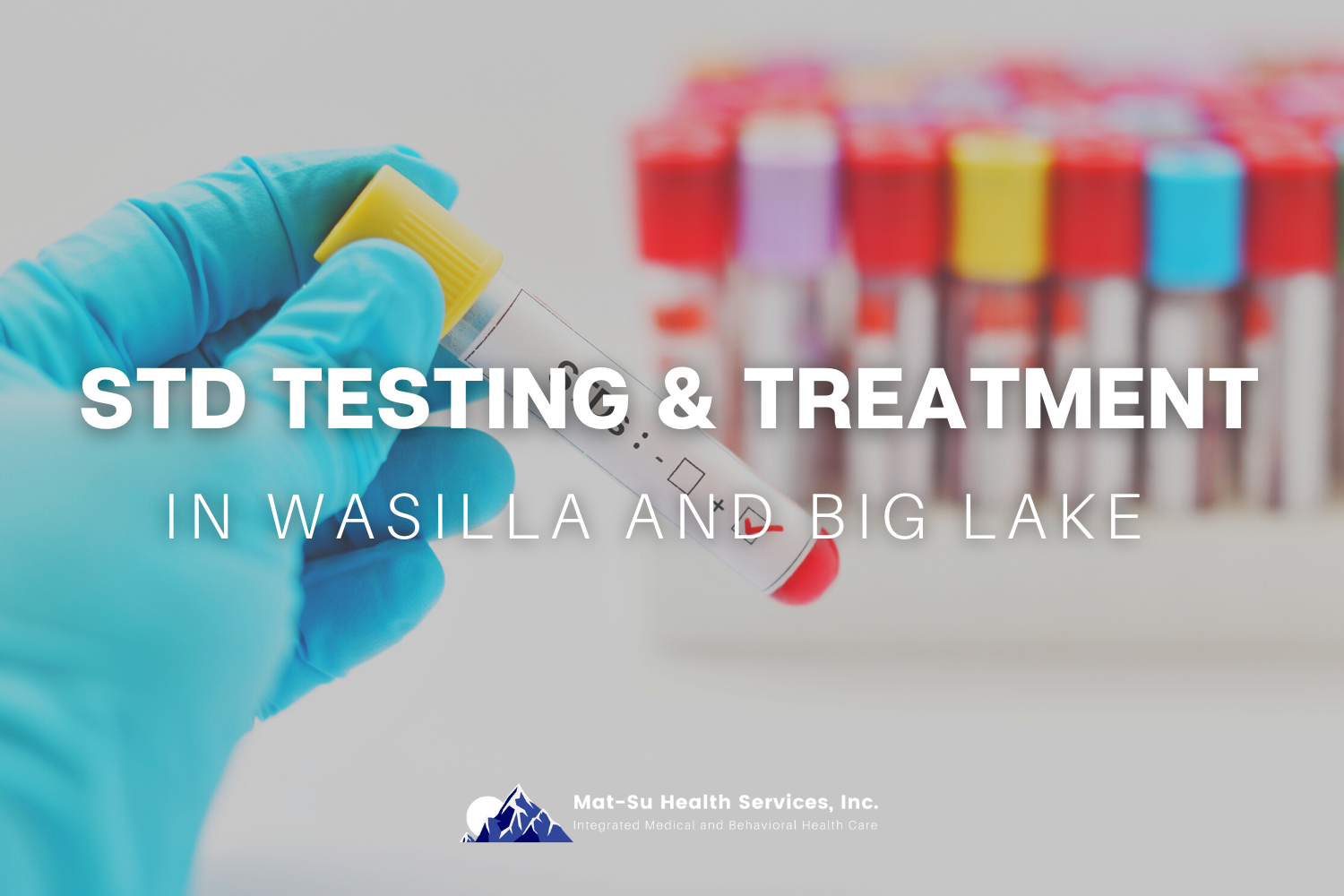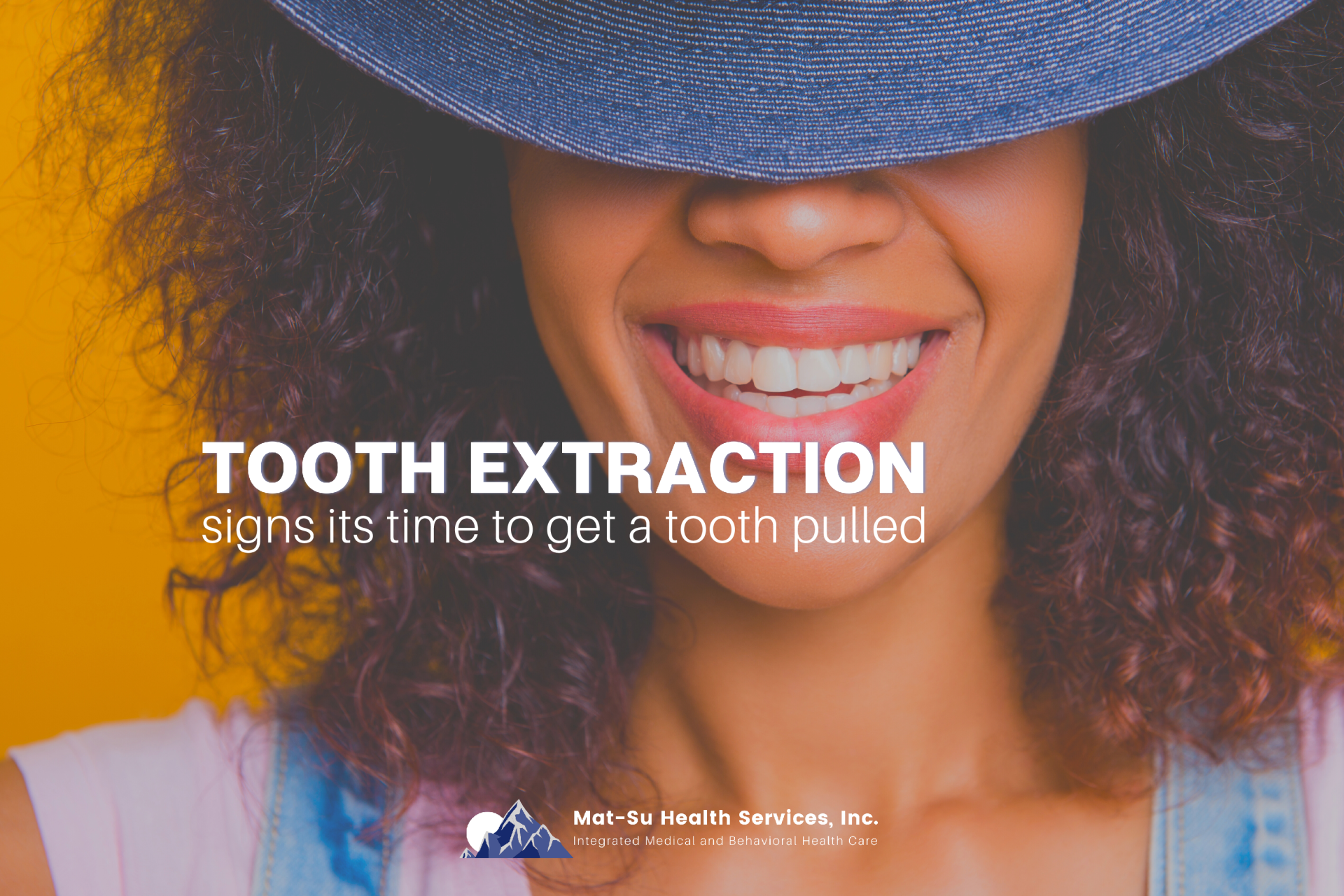
8 Signs of Tooth Decay
Around 2.3 billion people suffer from tooth decay globally, according to FDI. Tooth decay occurs when the enamel becomes permanently damaged, causing internal parts to be exposed to harmful bacteria. When sugar builds up on your teeth, combined with mouth bacteria, it forms plaque. Those bacteria produce acids that erode your teeth. If not addressed, tooth decay can lead to larger cavities affecting deeper layers of your teeth.
Parents should also note that children cannot adequately take care of their teeth, so it is your responsibility to ensure they brush their teeth at least twice daily. In addition to fluoride toothpaste, consume a healthy diet, avoid sugary foods, and floss your teeth to remove food particles between them.
If you’re experiencing any of the following symptoms, you could be suffering from tooth decay.
1. Toothache
Prolonged toothache is a strong indicator of tooth decay that occurs when the enamel erodes, exposing the inner nerves of the teeth. Sometimes the pain appears and goes away suddenly.
You may even feel pain when you bite something with the infected tooth, or when you brush or floss. When you experience tooth pain, see your dentist immediately. In some instances, your dentist may decide to pull out the tooth depending on the extent of the damage.
2. Increased Tooth Sensitivity
When teeth decay, the dentin is exposed, causing sensitivity issues. The dentin has nerves and cells, and once you consume something hot, cold, or acidic, you will feel a sensation in the affected tooth. If a particular tooth feels a bit more sensitive than others, it may have lost its protective enamel and you should seek medical attention immediately.
3. Noticeable Hole in the Affected Tooth
Untreated tooth decay cases have increased significantly among children and adults, and one primary symptom of this issue is holes in the teeth. If you leave the bacteria untreated, it will eventually eat away the tooth, creating holes that you can see through a mirror. You can even feel the cavity when you move your tongue over the tooth's surface. A dentist can fix this issue by putting a filling in the pit.
4. Spots in the Tooth
When your tooth starts to decay, it may develop stains or discoloration on the surface. As the bacteria continue to eat away the enamel, it reveals the yellowing layer of the tooth beneath. While the stains might appear white at the beginning, they become darker and more extensive over time, indicating a period of severe decay. Intense black colors indicate damaged dentin, tooth rot, and pulp, which calls for immediate attention.
When neglected, this condition may spread to other teeth. Some people may also develop brown spots when they consume food and drinks that are dark in color. If you do not practice good dental hygiene, such stains can become permanent. When you visit a dentist with this problem, they may suggest that you undergo a teeth whitening procedure so your teeth will have a more uniform color.
5. Bad Breath and Unpleasant Taste in the Mouth
If you notice bad breath that doesn't go away, it could be a sign of tooth decay. A decaying tooth will emit the same bad smell as any other decaying thing. The bacteria in your mouth produce wastes that can alter your mouth's taste and smell. Visit a dentist immediately for a teeth cleaning, fillings, or other dental restoration.
6. Swelling or Bleeding Gums
If the tooth decays near the gums, the infection can spread to the soft tissues surrounding it, resulting in swollen gums and bleeding. Some people even have bleeding gums when brushing or flossing.
7. Alteration in Teeth Size
When left untreated for an extended period, the bacteria can cause the enamel to erode and proceed to the inner tissues. This can result in thinning of the tooth, which results in a reduction in tooth size. As tooth decay progresses, your teeth will become thinner over time. You can spot this by looking in the mirror. If you observe a change in your teeth size, contact your dentist immediately to rectify the issue before it becomes too late.
8. Teeth Falling Out
In extreme conditions, tooth decay can lead to tooth loss. When the bacteria eventually erode the enamel, they get to the dentin, pulp, and down to the root of the tooth. Because your teeth need support to stay in place, a rotten tooth eventually falls out. In this case, you need a dentist's immediate attention.
Once you feel your tooth beginning to loosen, seek professional dental care right away. In earlier stages of loosening, the dentist can usually use root canal treatment to prevent your tooth from falling out.
Initially, you might not see any signs of tooth decay. However, the decay will continue to grow and may be problematic if you fail to receive timely treatment. If you or your child experiences any of the above symptoms of tooth decay seek medical attention immediately. A dentist will assess the problem and recommend the best course of action. The sooner you catch tooth rot, the better the chances of avoiding invasive oral procedures.
With federal grant funding, and support from the community, Mat-Su Health Services is now able to provide high-quality, and convenient dental care for all our patients in the Mat-Su Valley. Contact us at Mat-Su Health Services Inc to schedule an appointment.





















